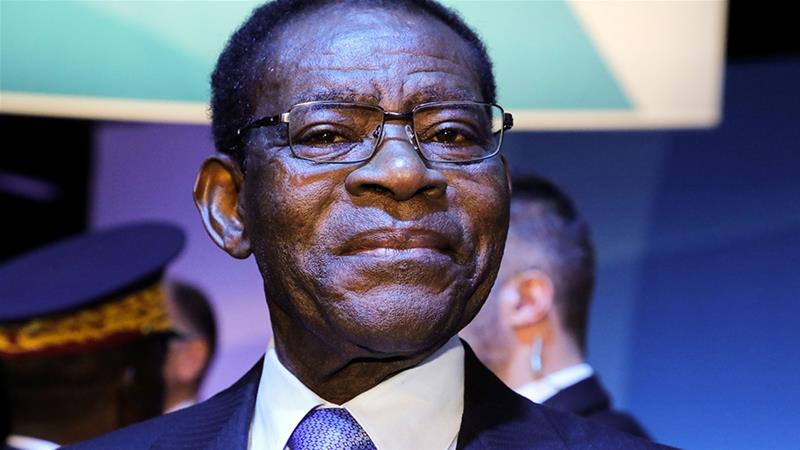
The government of Equatorial Guinea handed Friday its resignation to President Teodoro Obiang Nguema, in a context of economic crisis accentuated by the health crisis. The Head of State even evokes in this context a possible insolvency of the country. It was on Friday 14 August at an extraordinary council of ministers, the government handed over its resignation to President Teodoro Obiang Nguema.
The president deplored “that the outgoing government has not fulfilled its duties or achieved the objectives programmed”, according to the communiqué. “The government is obliged to take strict measures to compensate for a possible insolvency,” the president said. The Prime Minister of the resigning government, Pascual Obama Asué, for his part, said that “the confidence of the head of state deserves sacrifices”.
In February 2018, the President dissolved the government before reappointing the Prime Minister and the three Deputy Prime Ministers. Pascal Obama Asué has been Prime Minister since June 2016. The new government should be announced in the coming days by President Obiang Nguema.
This resignation comes in a context of economic crisis accentuated by the health crisis. The Covid-19 pandemic only worsened the economic situation of Equatorial Guinea, which had already been in recession for several years. The pandemic caused the collapse of the price of black gold, which strongly affected the finances of this small Central African country that is highly dependent on oil windfall. Indeed, oil and gas account for more than 90% of export revenues.
